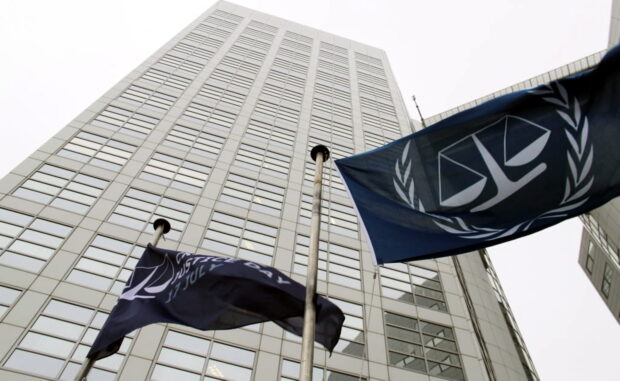
The International Criminal Court. ICC PHOTO
MANILA, Philippines — While the European Union’s Generalized Scheme of Preferences Plus (GSP+) trade program is generally linked to developing countries’ respect for human rights, the Philippines’ privileges are “not legally tied” to its membership in the International Criminal Court (ICC), according to the envoy of the 27-nation bloc.
“There is no legal obligation under the current EU GSP+ legislation, under which trade preferences are unilaterally granted by the EU to the Philippines, related to the Rome Statute of the International Criminal Court,” EU Ambassador Luc Veron told the Inquirer in a text message on Friday.
Similar to the Magnitsky Act of the United States, the GSP+ is one of several trade schemes the EU uses to “encourage” trade partners to comply with Western standards of governance, including respect for human rights.
Since 2014, more than 6,000 Philippine exports to the EU, such as fruits, meats, vehicle parts and other local products, have enjoyed special incentives and zero tariffs under the GSP+.
The country’s current GSP+ privileges expire at the end of the year.
But so far, Veron said the Philippines’ cooperation with the ICC is “not legally tied” to the country’s GSP+ privileges.
Karapatan not surprised
The ambassador did not comment on the government’s plans to disengage with the ICC, although he said they “highly value the independence of the International Criminal Court and of its judgments.”
Last week, however, Trade Secretary Alfredo Pascual said that during his three-week visit to Europe, members of the EU have said they have seen “progress” in addressing the human rights concerns in the country.
For the rights group Karapatan, the government’s decision to disengage from the ICC speaks for the current rights situation in the country.
Cristina Palabay, secretary general of Karapatan, said she was not surprised with the pronouncements of President Ferdinand Marcos Jr., who said that the Philippines will no longer engage with the ICC to “defend” the country’s sovereignty.
“It is as worn-out as his regime’s tactics in evading accountability by harping on the ‘working justice system’ in the Philippines when all our justice system worked for is the denial of justice for the thousands of victims of human rights,” Palabay told the Inquirer.
Marcos made the remark amid calls by local and international rights groups for him to allow the Philippines to cooperate with the investigation.
But the president said that he had already made clear during his campaign last year that he won’t participate in an ICC investigation because the country has a working justice system.
‘Climate of impunity’
“His statement speaks volumes on the current human rights situation—the persisting climate of impunity and the brazen and continuing commission of human rights violations,” Palabay said.
For Marcos’ adviser, Chief Presidential Legal Counsel Juan Ponce Enrile, the president’s position of disengagement was just right.
“Why should we surrender to the them (ICC)?” Enrile, a former Senate president, said in his weekly television program.
Enrile said the ICC does not “know the level of criminality in our country” and should not interfere in the internal affairs of the Philippines.
He insisted that the drug war under former President Rodrigo Duterte was part of the government’s law enforcement activities.
“Isn’t it that we have a law that prohibits illegal drugs? So what will the President do if he will not enforce the law?” Enrile said.

